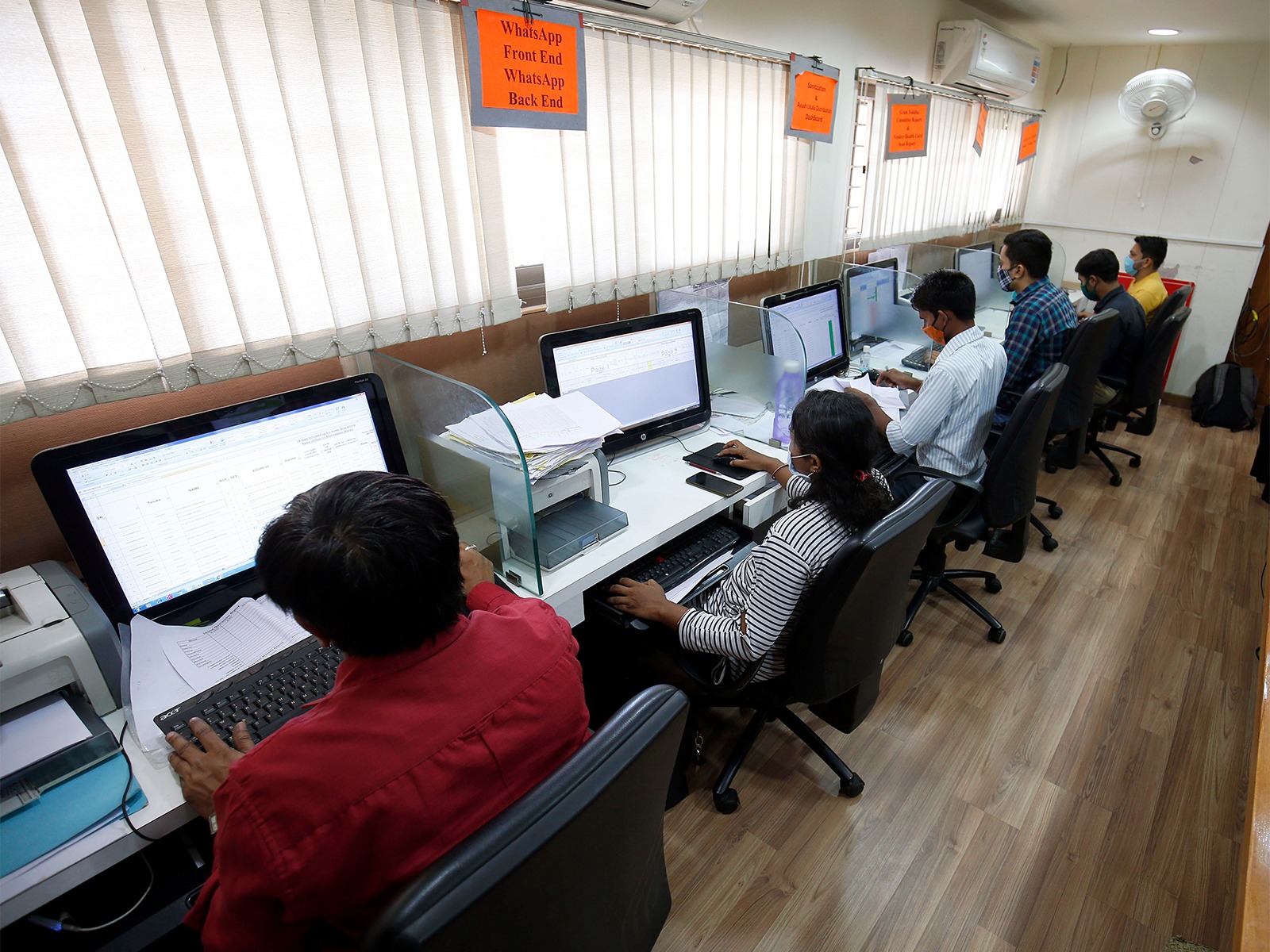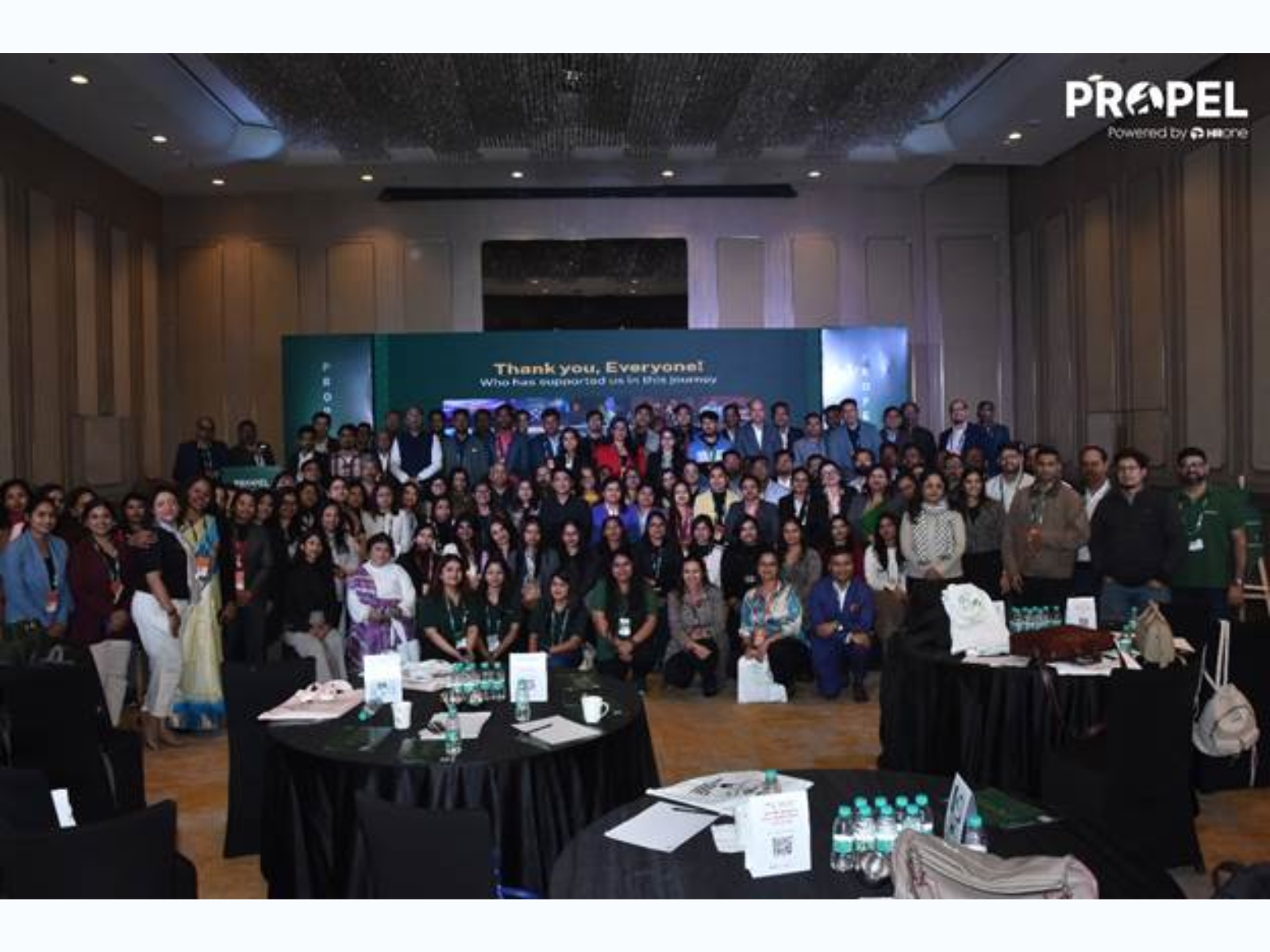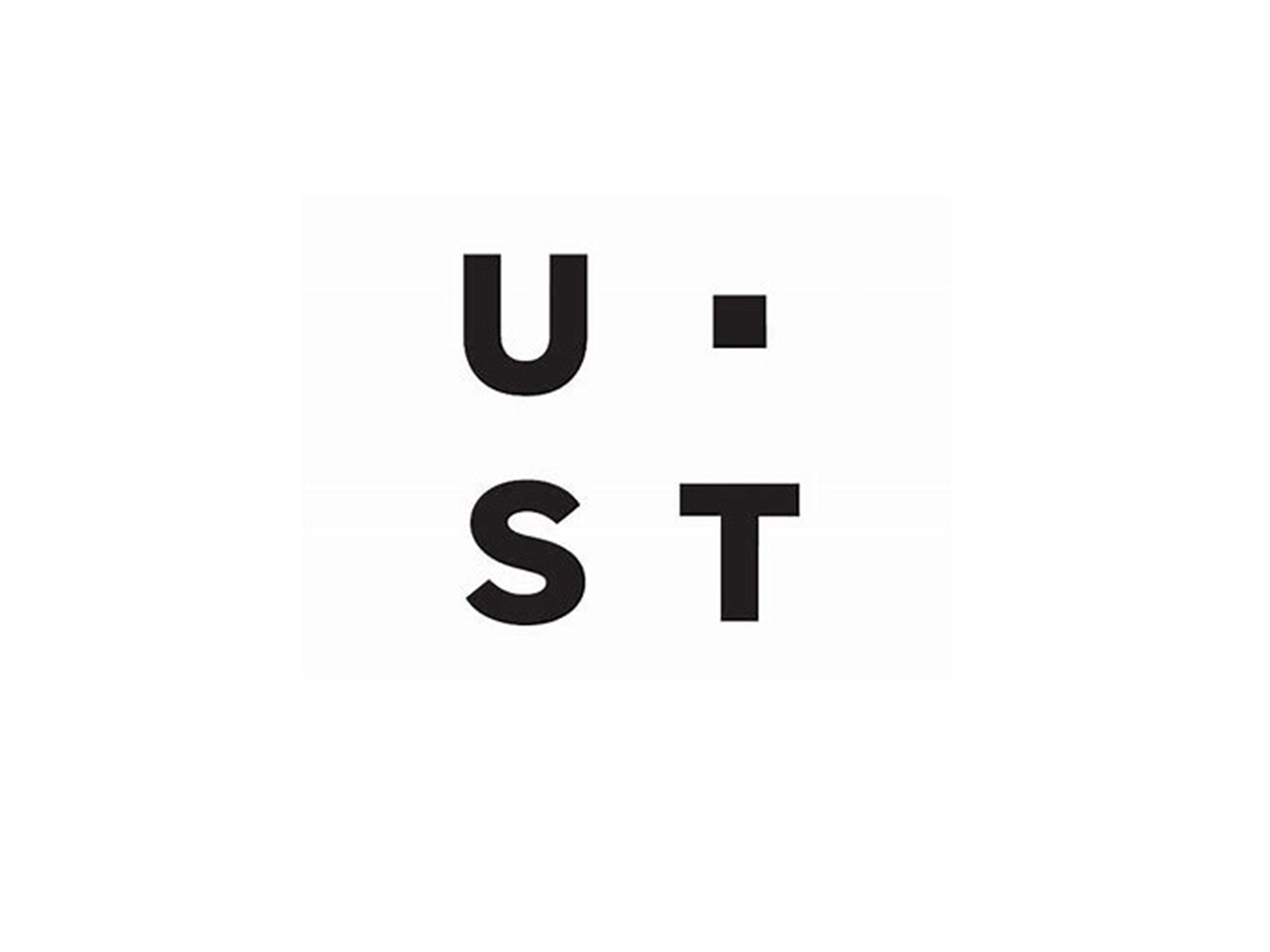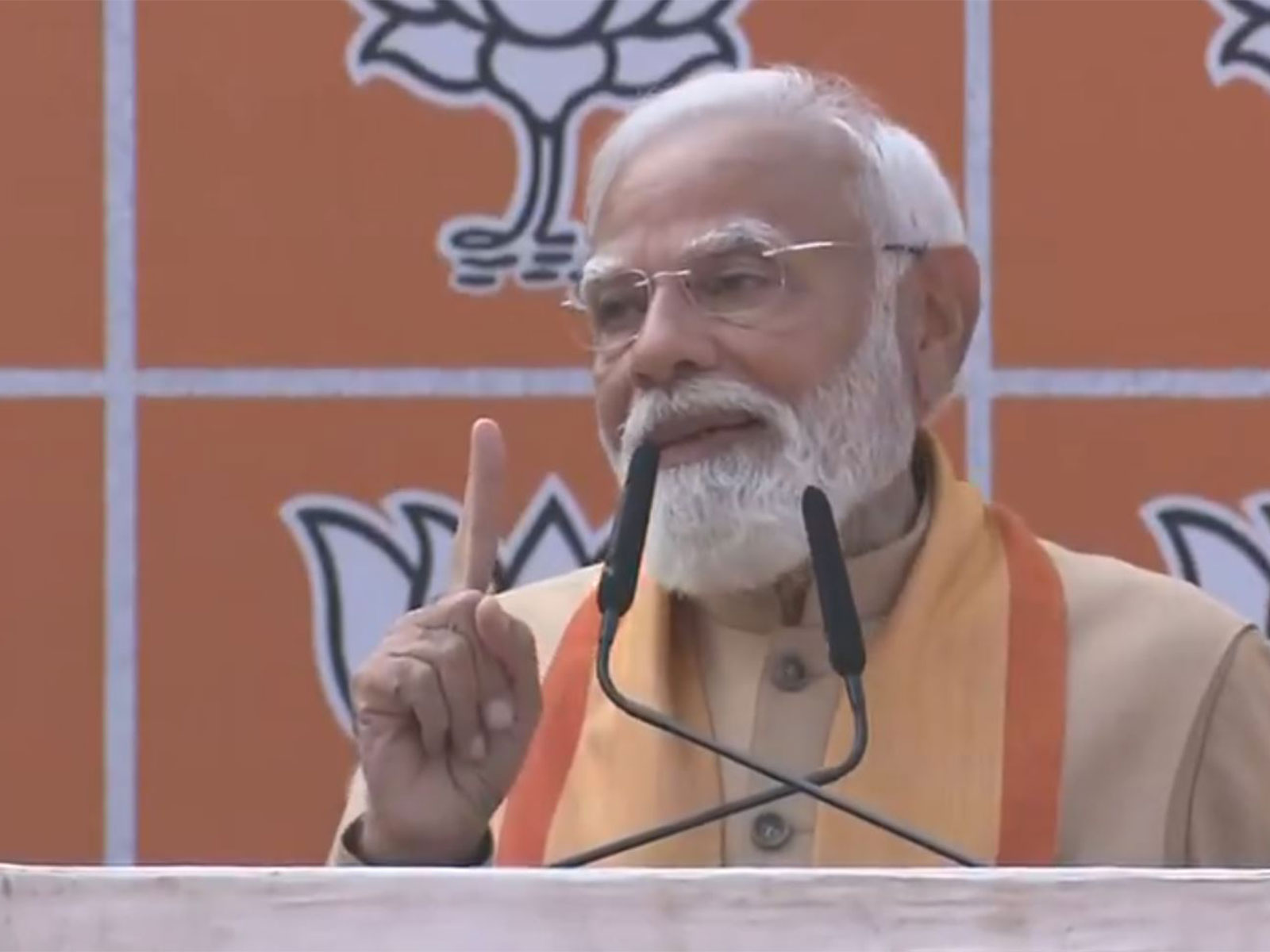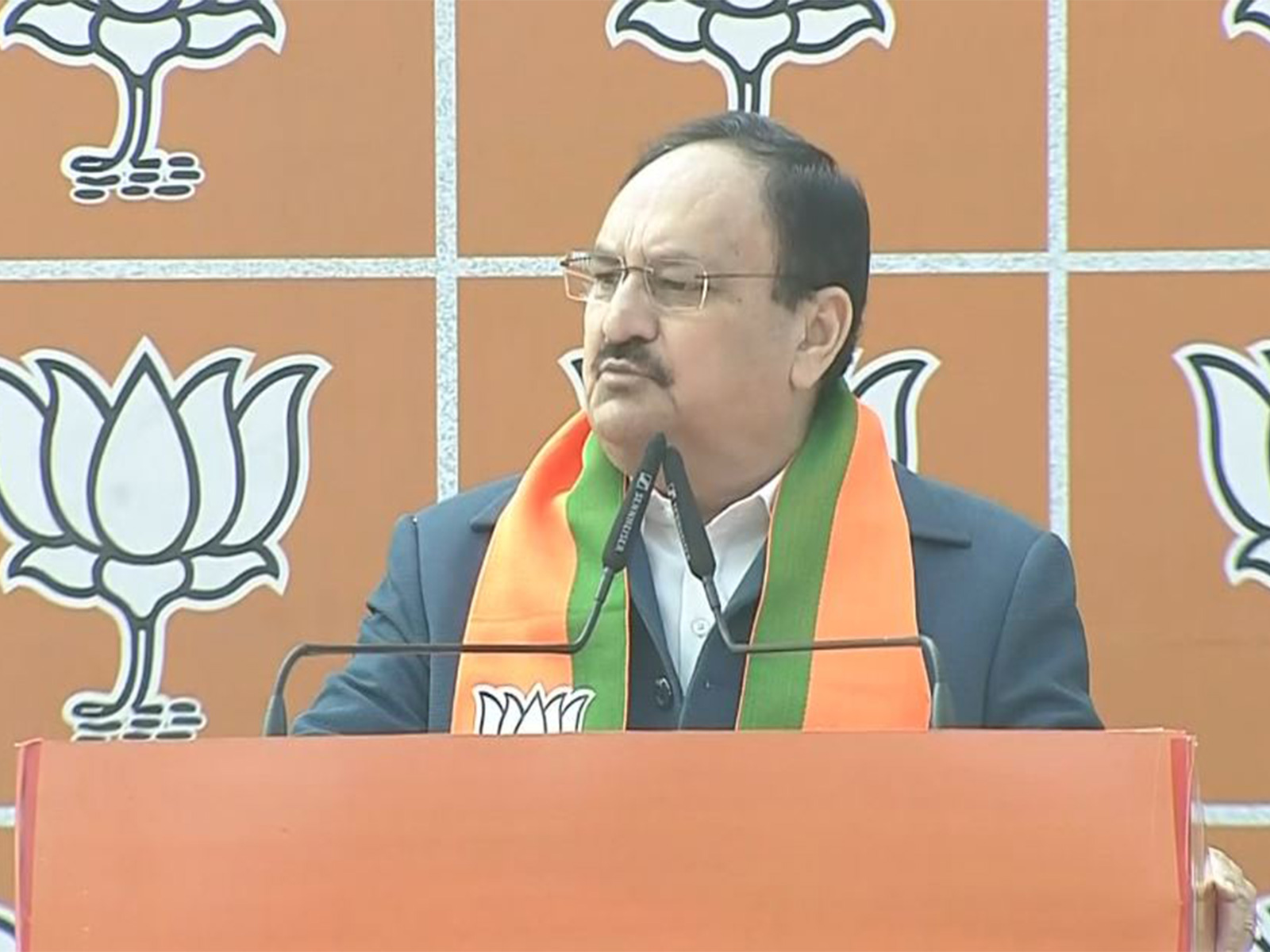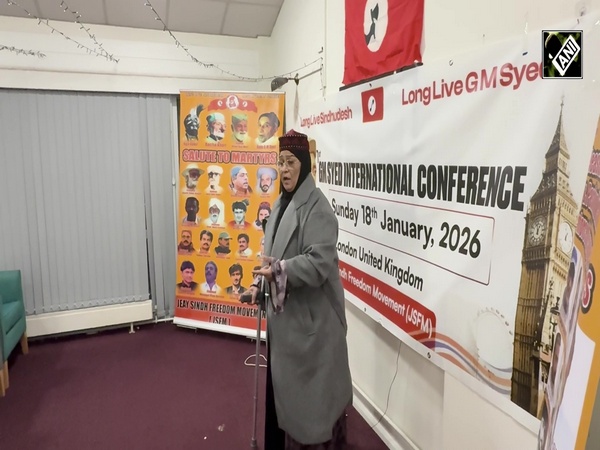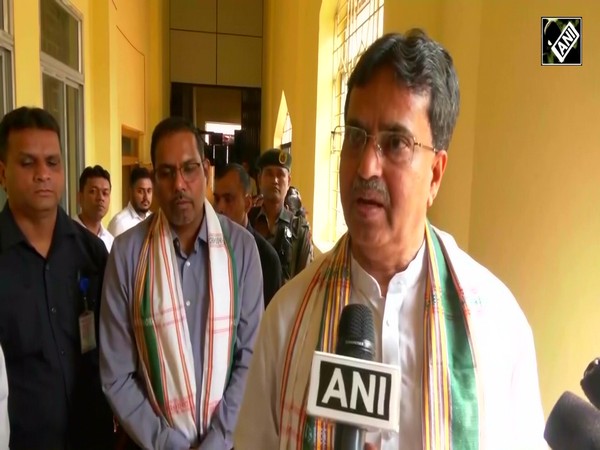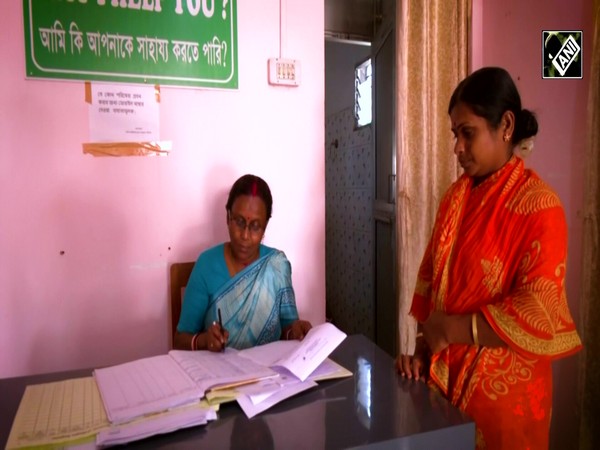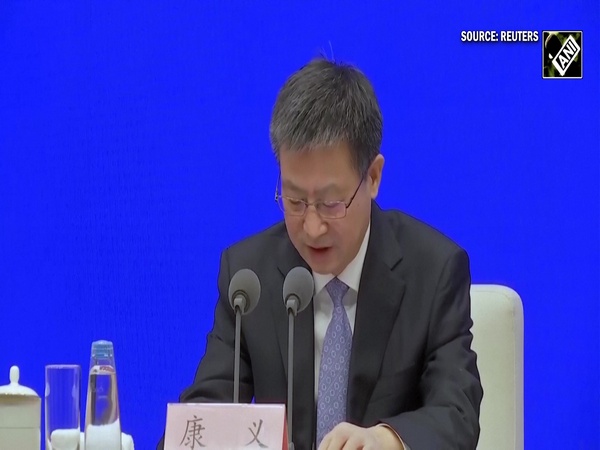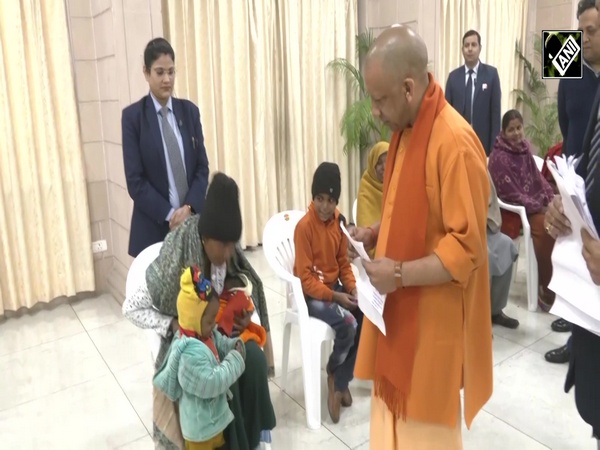World Bank unveils plan to combat methane emissions globally
Dec 05, 2023

New Delhi [India], December 5 : In an initiative to combat the rising threat of methane emissions, the World Bank has announced plans to launch a series of country-led programs, to reduce up to 10 million tons of methane over the course of their investment lifespans.
According to the World Bank, the move is a step in addressing the alarming increase in global temperatures and supporting communities most vulnerable to the impacts of climate change.
The World Bank is set to roll out a minimum of 15 country-led programs within the next 18 months.
These programs will specifically target methane emissions, employing strategic interventions to curb environmental degradation and promote sustainable practices.
The ambitious programs will focus on slashing methane emissions from various sources, including rice production, livestock operations, and waste management.
Successful pilot programs have already demonstrated the effectiveness of transformative solutions, with the potential to reduce methane emissions significantly.
The comprehensive approach to methane reduction outlined by the World Bank emphasizes triple wins - reducing emissions, enhancing resilience, and empowering livelihoods.
By employing the best available technologies, emissions from rice production, livestock, and waste can be curtailed significantly.
Methane accounts for approximately 19 per cent of global greenhouse gas emissions, making it a substantial contributor to climate change.
Rice production, livestock, and waste collectively constitute a significant portion of human-driven methane emissions, making targeted efforts in these areas crucial.
Despite methane being 80 times more potent than carbon dioxide in terms of warming the planet, it has received less attention and funding.
Currently, finance for methane abatement constitutes less than 2 per cent of global climate finance.
The World Bank envisions a substantial increase in financing for methane reduction through public and private sector channels between 2024 and 2030.
The institution is set to collaborate with Germany, Norway, the United States, the UAE, and the private sector to implement effective solutions and reduce methane emissions across the entire energy value chain.
Complementing its efforts, the World Bank is launching two partnership platforms - the Global Methane Reduction Platform for Development (CH4D) focusing on methane abatement in agriculture and waste, and the Global Flaring and Methane Reduction Partnership (GFMR) concentrating on reducing methane leaks in the oil and gas sector.
The World Bank's commitment to addressing methane emissions underscores the urgency of mitigating climate change and building resilience in vulnerable communities.
With a focus on collaboration, innovative solutions, and increased financing, the initiative aims to pave the way for a sustainable and climate-resilient future.
